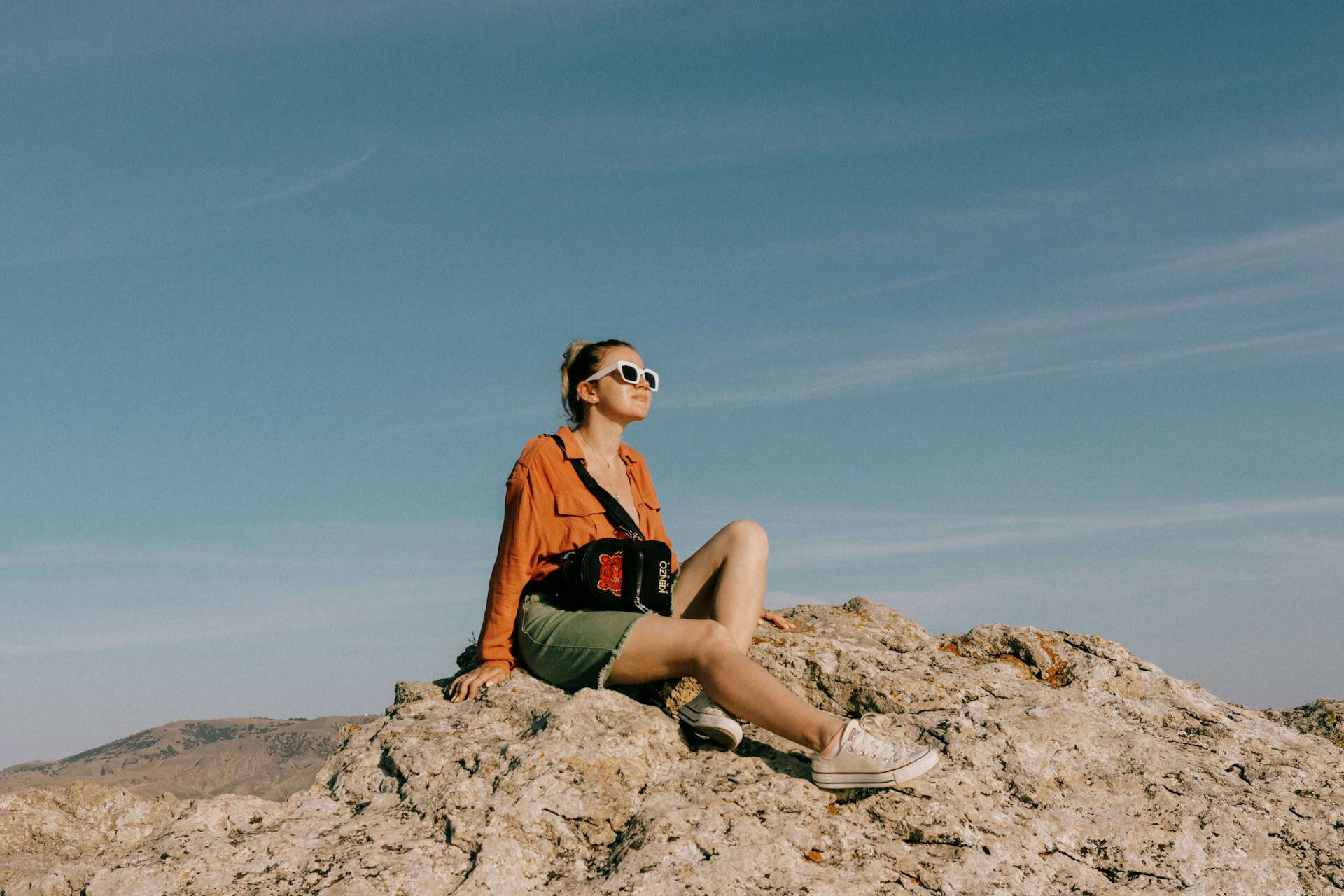Solo backpacking is an exciting way to explore the world, providing freedom and adventure in spades. But with that independence comes responsibility—prioritizing safety when navigating unfamiliar places without a travel companion. From personal safety tips to smart habits and modern tools, here’s how to protect yourself and feel secure while backpacking solo in 2025.
Mastering Personal Safety Basics
Your safety starts with being alert and prepared. Before you leave home, research your destination—learn about local customs, high-risk areas, and common scams. Pickpocketing is frequent in crowded markets from Bangkok to Barcelona, so knowing what to expect keeps you ahead.
On the road, trust your instincts. If a place or person feels off, leave. Dress modestly to blend in—skip flashy jewelry and choose practical clothing. Secure valuables in a money belt or hidden pouch, and never flash cash. At night, stick to well-lit areas and avoid alleys or deserted streets.
Physical safety also means being ready to defend yourself. Carry a personal alarm or whistle—small, easy-to-carry items that deter aggressors or attract attention. Some travelers take an introductory self-defense class, learning quick escape moves before their trip. Confidence in your response can make all the difference.
Technology and gear can improve your safety. A crucial smartphone is essential, and eSIM technology makes it even more convenient. With an eSIM, you can stay in touch across borders without dealing with physical SIM cards—important for emergencies or moving between countries.
If you’re traveling in Southeast Asia, a data plan for SE Asia provides continuous connectivity, giving you access to emergency numbers and maps. Activate a local plan immediately to share your location with apps like Find My Friends or Google Maps. That connection can make all the difference, whether island-hopping in Thailand or climbing volcanoes in Indonesia.
A portable charger is another must-have—keep your phone powered for navigation, communication, or SOS calls. Apps like bSafe or TripWhistle offer emergency alerts and global helpline directories, while offline maps (like Maps.me) ensure you’re never truly lost. A compact first-aid kit and a water purifier add extra peace of mind when help is far away.
Physical gear matters, too. A door wedge or portable lock adds security to sketchy hotel rooms, and a headlamp keeps hands…
Click Here to Read the Full Original Article at GoBackpacking…
